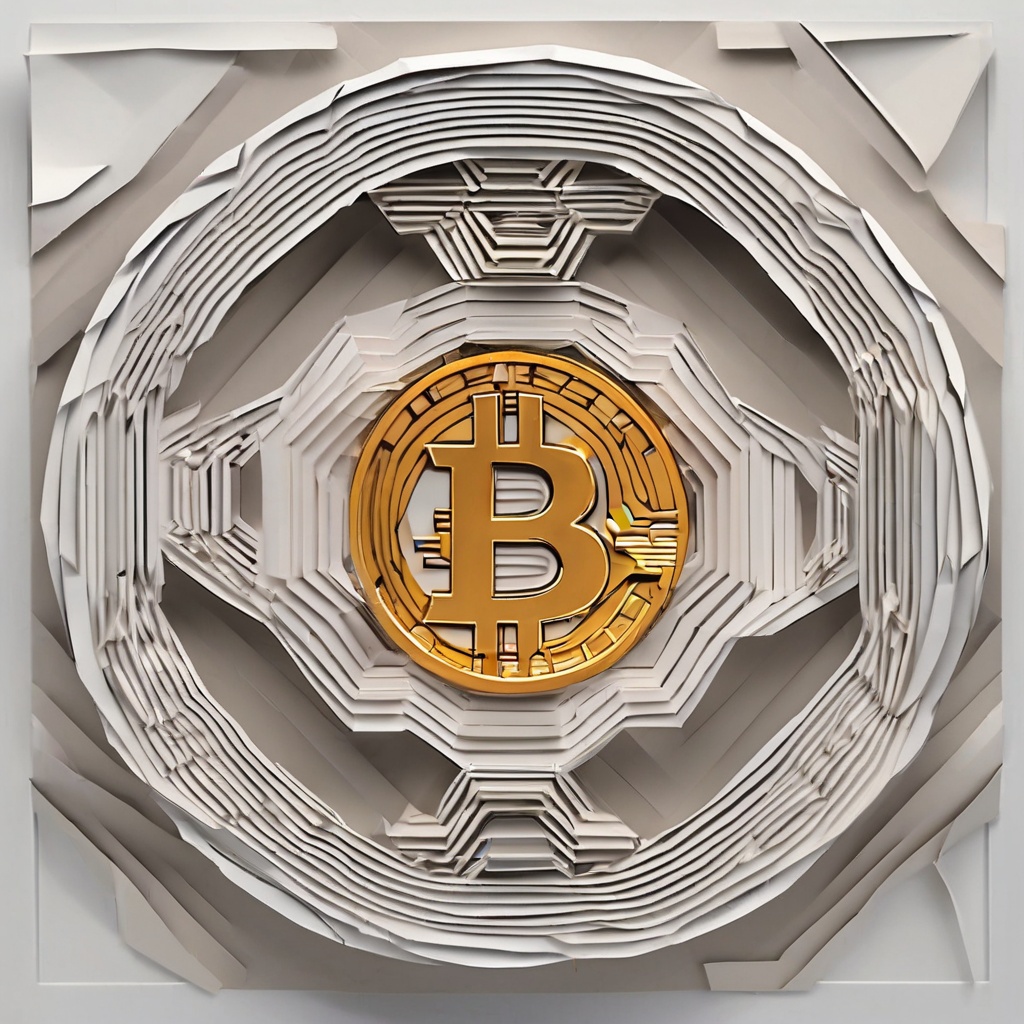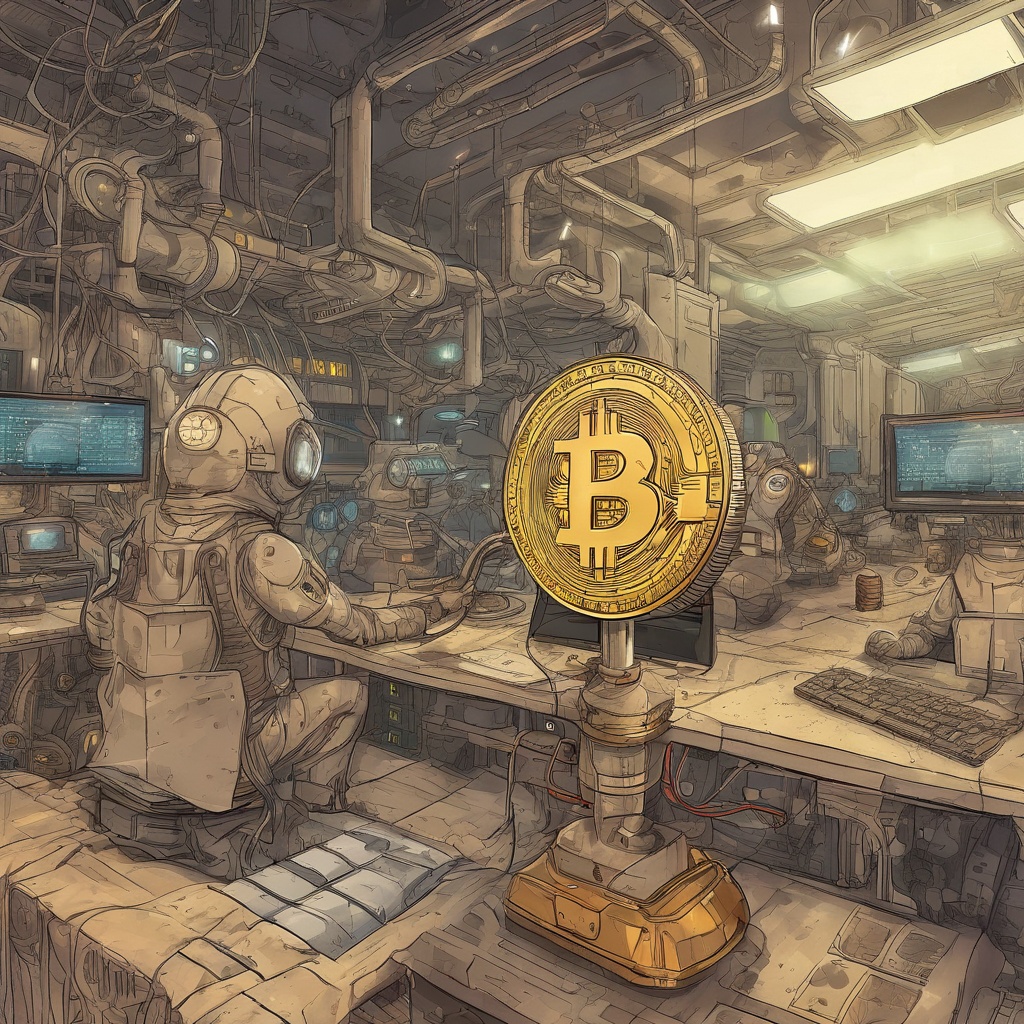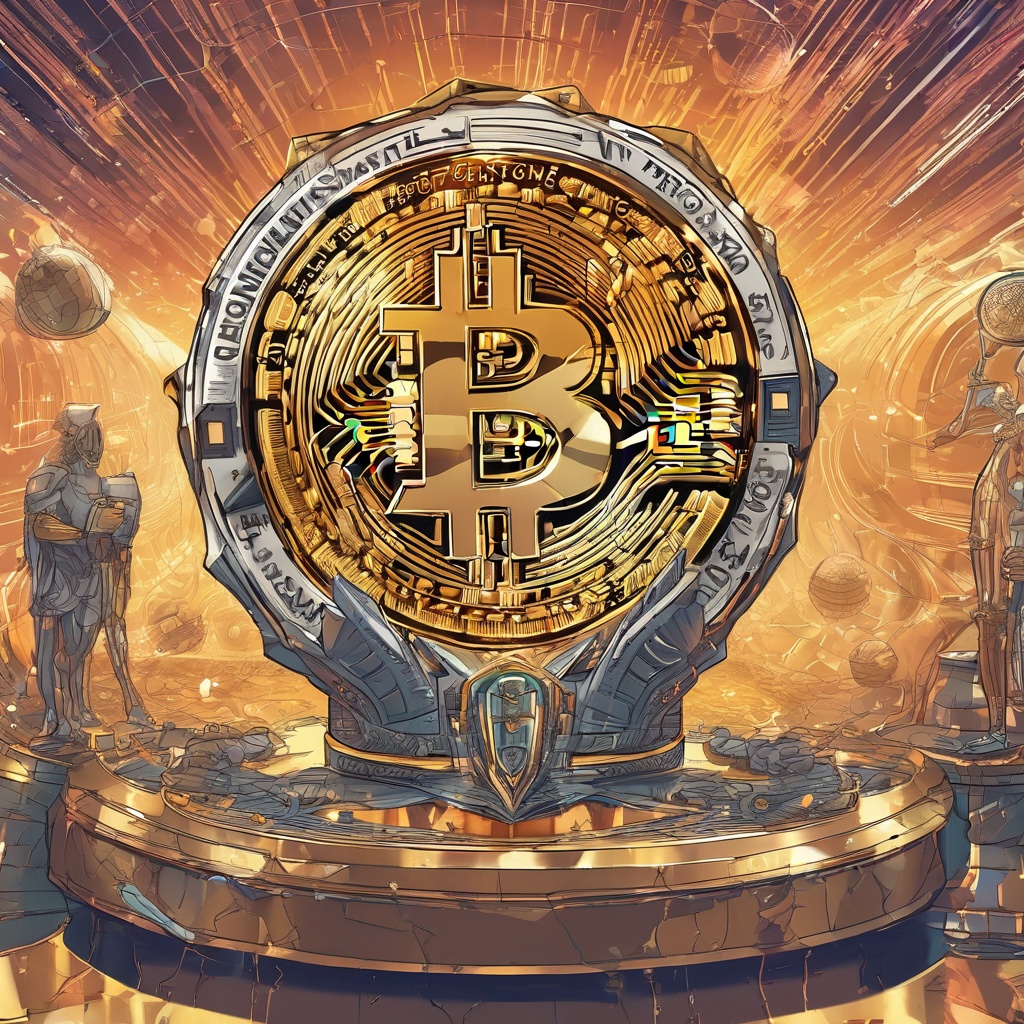Is nebula a stablecoin?
I'm curious about nebula and its characteristics. Specifically, I want to know if nebula is considered a stablecoin in the cryptocurrency market.

What is Gemini stablecoin?
I'm curious about Gemini stablecoin. Could someone explain what it is and how it works? I want to understand its background and the role it plays in the cryptocurrency market.

Which stablecoin is safe?
I'm looking for a SAFE stablecoin to invest in. There are so many options in the market, and I want to make sure my investment is secure. Which stablecoin can I trust?

Is Dogecoin a stablecoin?
I've been hearing a lot about Dogecoin recently and I'm wondering if it's considered a stablecoin. I know stablecoins are designed to maintain a stable value, but I'm not sure if Dogecoin falls into this category.

What is the difference between stablecoin and Memecoin?
I'm interested in understanding the distinction between stablecoin and Memecoin. I want to know how they differ from each other in terms of their characteristics, functions, and possibly their use cases in the cryptocurrency market.

